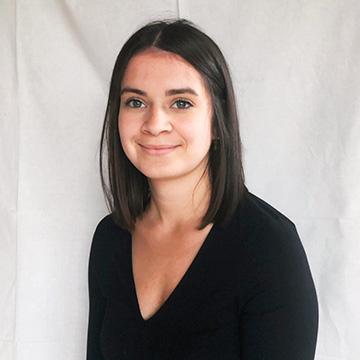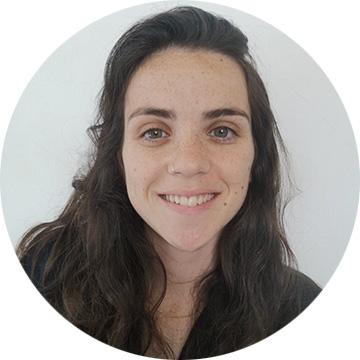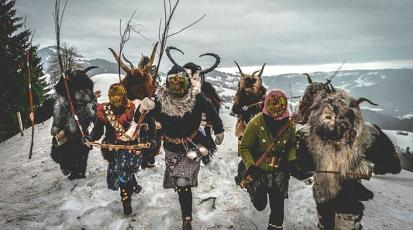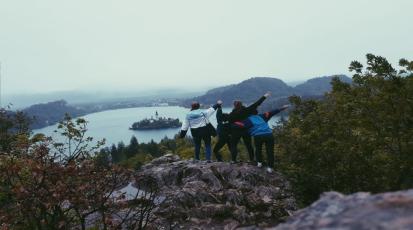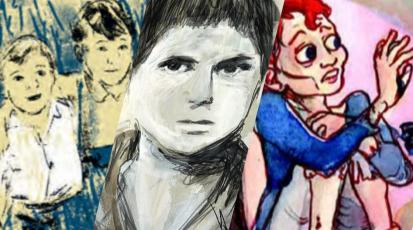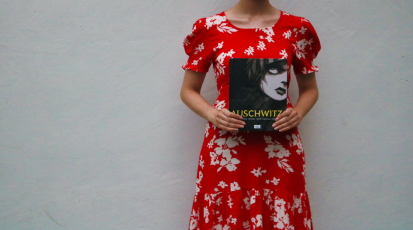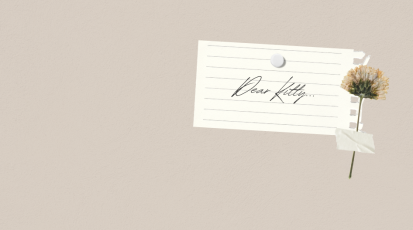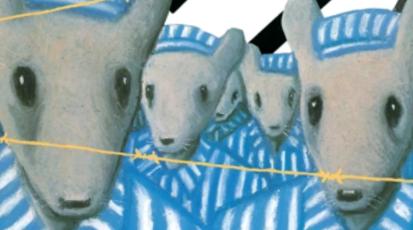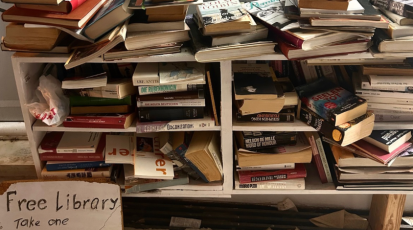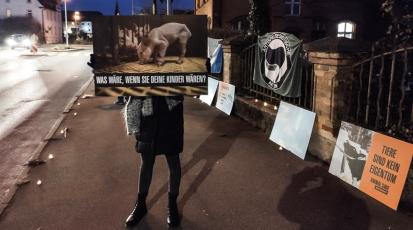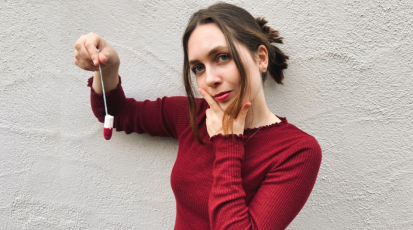Remembrance does not fall from heaven, there have to be people that are engaged with it.
Teenagers now and then: Youth in Holocaust
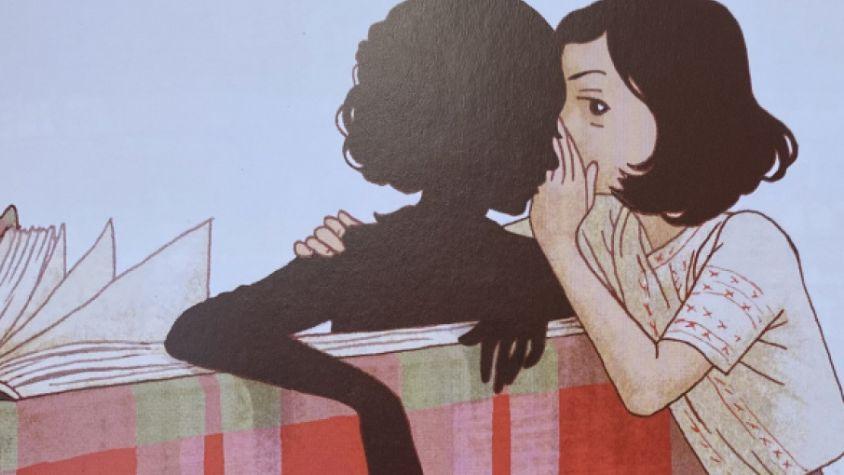
In 2018, Ari Folman published a graphic novel of the famous Anne Frank diary. A book that was originally introduced to society by Anne's father Otto Frank in 1947 and still moves people today, over 70 years later. And even though Anne Frank and her diary are inevitably linked to the Holocaust and the Nazi era in most people's minds, the diary itself is not only about worries and fears, but also deals with topics that accompany young girls to this day, including love, arguments with family members and what it means to become a woman.
There are several reasons why we chose to investigate the Anne Frank’s graphic diary. Above all, when we started the intercultural project of our two universities, we realised how much the story of Anne Frank touches us for different reasons. We feel close to her because we can relate to many of her thoughts and feelings, and we believe that this is why her story is so deeply rooted in us – despite our completely different starting points. Thats why we wanted to examine the gaps in the perception of the youth in Germany and Israel about Anne Frank. We wanted to know if there was a difference or (much more important to us) any similarities in the perception of the young people who read the diary.
Over 75 diaries
Teenagers in the Holocaust were still teenagers – this is shown by the more than 75 diaries of young people in Holocaust that are still known today, according to the Anne Frank House in Amsterdam. Among them is the diary of 22-year-old Elsa Binder from Poland, who, just like Anne Frank, reported on everyday things such as friction with her parents. Or the one of Moshe Flinker, who had to pretend to be non-Jewish in Belgium, and reported on the resulting conflicts of conscience.
In almost all of these diaries, themes such as friction with one's own family members and the search for one's own identity appear. Things like career ideas ("my dream is to be a journalist and then a famous writer") preoccupied Anne Frank just as much as the difficult relationship with her own mother ("I love you so much dad, I wish I could feel the same about mother") - thoughts that many young women today also have from time to time.
According to Veronika Nahm, director of the Anne Frank Centre in Berlin, the fact that it was the Anne Frank diary that received this enormous attention and fame is due more to the tireless work of Otto Frank, who kind of designated his life to tell his daughters story, than to the diary itself: "It's not that her story is more important than the others – absolutely not. But remembrance does not fall from heaven, there have to be people that are engaged with it."
One of these people is Veronika Nahm herself, who, with the Anne Frank Centre, teaches children and young people the stories of teenagers in the Holocaust every day, since their stories are a good starting point to learn about Nazi history. “The biographical approach is always a good starting point, and from that point you can go into broader history and more complicated concepts of historical understanding," says Nahm. "It is very important that we show the violence then and now, but that we do not show the people only as victims of the violence but that we give them a voice.”
She does not see young people's interest in the Holocaust disappearing at all, on the contrary: The number of visitors to the Anne Frank Centre in Berlin increases every year. The director's experiences thus also coincide with a study by the German Arolsen Archives and the Rheingold Institute on the interest of Gen Z, the 16 to 25-year-olds, which showed that this third generation after the war is clearly more interested in the Nazi era than, for example, the generation of their parents. This is due to the fact that this generation approaches the subject liberated from guilt and uses the confrontation with the Nazi era to better understand its own present.
What about today's teenagers?
We asked teenage girls from Israel and Germany about Anne Frank's diary some questions that touch on several issues and wanted to know teenagers in Germany and Israel who read the diary manage to understand and identify with the issues Anna raises in her diary.
The purpose of the questions the girls were asked was to compare today's youth with Anne Frank, a girl who grew up with hardships but showed maturity beyond what was expected for her age. We asked girls from Germany and Israel, in order to examine whether there is a difference in cultures.
The answers were fascinating for us. Even if fundamental concerns of the girls have shifted, many thoughts and feelings of today's youth seem to coincide with those of Anne Frank. And even if not all of the girls have read the diary, they all know Anne Frank and her story and have these as their main associations with the Holocaust - so the efficiency of the biographical approach mentioned by Veronika Nahm seems to be reflected in all the girls' answers – whether Israeli or German.
According to Veronika Nahm, one thing above all is important to ensure that this remains the case: that the topics of the Holocaust and the Nazi era continue to be discussed in schools and by parents, and that this continues to be important: "if you don't know enough about a subject you are not interested in it", says Nahm, which according to the director could not only be a problem in terms of a lack of remembrance culture, "Without understanding the Holocaust you can't understand society today".


